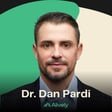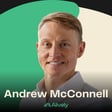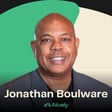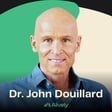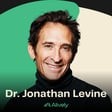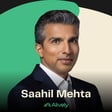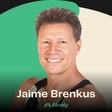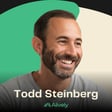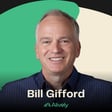
Diet Culture Myths Debunked with Ella Caggiano - E15
Diet culture is rampant in our society, promoting unrealistic expectations and harmful beliefs. Many people, especially chronic dieters, are trapped in a cycle of trying ineffective and often harmful products and practices that promise quick fixes. As we chase unattainable body ideals, health becomes an elusive goal, leading to repeated cycles of failure and self-blame. In this episode, we address these challenges head-on, guiding you on how to navigate the often confusing health landscape, focus on sustainable habits, and reclaim your confidence and well-being.
Fitness influencer Ella Caggiano is a NASM Certified Personal Trainer and Nutrition Coach, and has amassed a huge community online. Her personal transformation through strength training and nutritional awareness started back when was as young as 11-years-old. Her approach emphasizes whole foods, meal timing, and personalized fitness regimens, advocating progress over perfection. She encourages her clients and entire online community to look beyond the photoshopped, filtered, and glammed-up bodies we see on Instagram, and develop a healthy, personalized approach to true self-acceptance.
“Recovery from these types of things is a process because you have to rewire your brain.” - Ella Caggiano
In this episode you will learn:
- How Ella navigates and debunks misleading diet and health industry claims, and the impact on chronic dieters.
- The importance of individual health approaches, focusing on personal health and confidence over industry trends.
- Ella's nutrition habits, including whole foods, meal timing, and blood sugar regulation for maintaining energy and managing ADHD.
- Strategies for creating an optimal sleep environment and the significance of quality sleep for overall well-being.
- Ella's exercise routine and mindset, emphasizing flexibility, recovery, and gradual progress over perfection.
- Practical tips on starting a fitness journey, the role of strength training, and balancing health with personal enjoyments.
Resources
- Connect with Ella on Instagram: https://www.instagram.com/ellacaggfitness
- Ella’s offerings as a fitness coach: https://ellacaggfitness.com/
- Shop all the products Ella mentions in the episode: https://alively.com/products/ella-caggiano
This podcast was produced by the team at Zapods Podcast Agency:
https://www.zapods.com
Find the products, practices, and routines discussed on the Alively website:
https://alively.com/

